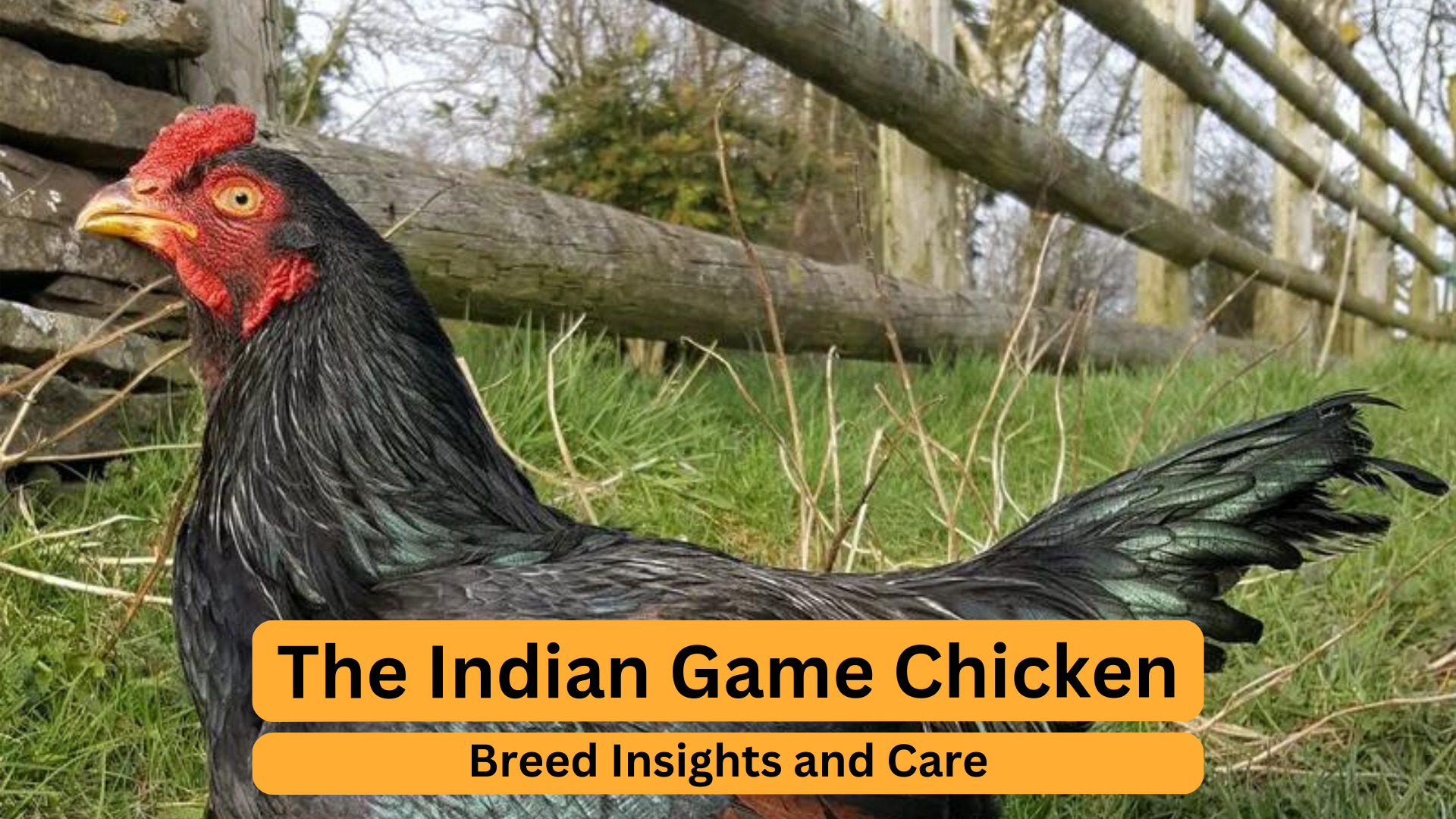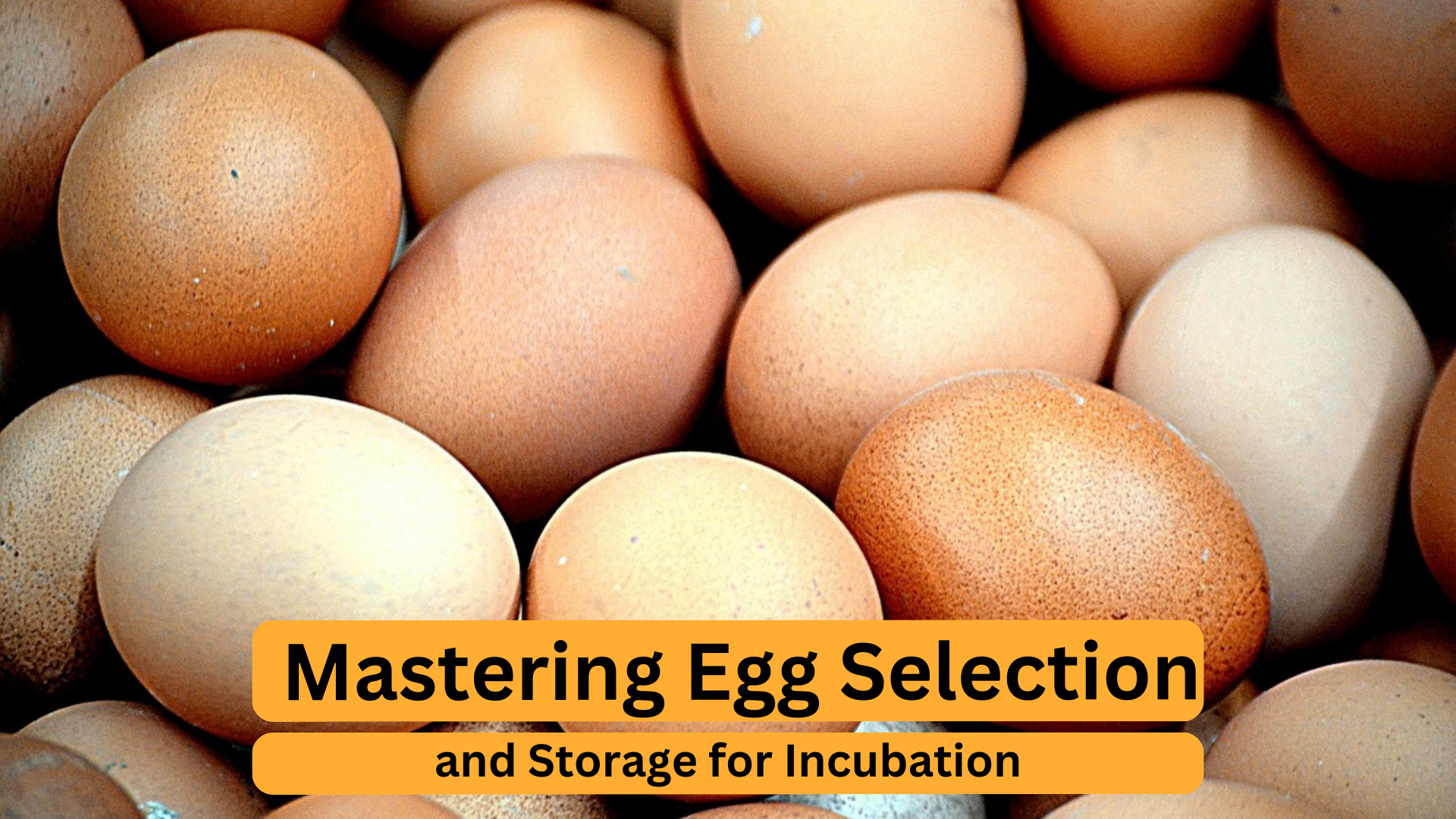Chicken Mites In Australia
Chicken mites, or bird mites, are tiny parasites that thrive on the blood of chickens, causing stress, decreased egg production, and in severe cases, anemia or death. Chicken mites pose a significant problem due to the favourable climate in many regions, which can allow for year-round infestations. The red poultry mite is especially problematic, not only for the direct impact on poultry health but also because of their potential to carry and spread diseases. Effective management and treatment strategies are crucial for poultry owners to protect their flocks. Regular inspections of chickens and their living environments, particularly at night, are essential for early detection.
Identifying Chicken Mites
Chicken mites, particularly the red poultry mite (Dermanyssus gallinae), are prevalent pests affecting poultry across Australia. These mites are nocturnal, feeding on the blood of chickens during the night, which makes them challenging to detect during the day. They are known to reside in the cracks and crevices of chicken coops, in bedding, or in nests, rather than on the birds themselves during daylight hours. Identifying these mites involves looking for signs of their presence, such as their reddish-black colour after feeding and their tiny, nearly microscopic size. Infested chickens may show signs of restlessness, decreased egg production, and in severe cases, anemia due to blood loss.To identify an infestation, observe your chickens for symptoms like feather loss, pale combs, reduced laying, or blood spots on eggs. Inspecting under wings and around vents for mites during nighttime, when mites are most active, can confirm their presence.
Preventing Chicken Mite Infestations
Maintain a clean, dry, and well-ventilated coop to deter mites. Use biosecurity measures to prevent mite introduction, such as quarantining new birds and limiting wild bird access. Regular coop cleaning and applying natural deterrents like neem oil or strong-smelling herbs can also help keep mites at bay.
Effective Chicken Mite Treatments
For an effective approach to chicken mite treatment that aligns with the needs of your flock and coop maintenance, consider integrating Kilverm, available from NestyBoxes, into your pest control regimen. Kilverm is known for its efficacy in treating various types of poultry mites, offering a chemical solution that targets the pests without harming your chickens when used as directed.
In addition to Kilverm, incorporating natural remedies and preventive measures can significantly reduce the likelihood of mite infestations. Regular coop cleaning is essential; removing old bedding and applying diatomaceous earth can help eliminate mites from the environment. Neem oil, known for its pest-repelling properties, can be used to treat both the coop and chickens, providing a natural barrier against mites.
For those seeking a holistic approach to pest control, exploring the 'Pest Control' collection on NestyBoxes presents a variety of products and solutions. From garlic water spray and vinegar solutions to essential oils like tea tree and eucalyptus, these natural remedies complement Kilverm's effectiveness, ensuring a comprehensive strategy against chicken mites.
Adopting a combination of chemical treatments like Kilverm with natural remedies ensures a robust defense against chicken mites, safeguarding your poultry's health and productivity.
The Impact of Chicken Mites on Poultry Health
Mites drain chickens' health by causing skin irritation, stress, and blood loss, leading to decreased egg production and potentially death. Ensuring chickens are in optimal health through good nutrition and regular care can mitigate these effects.
DIY vs Professional Mite Control
While many natural and DIY remedies can be effective, severe infestations may require professional pest control solutions. Consider the severity of your infestation and the safety of treatments to decide the best approach.
Managing chicken mites involves diligent prevention, early detection, and effective treatment. By incorporating strategies from trusted sources, poultry owners can protect their flocks from these parasitic pests and maintain healthy, productive chickens.








